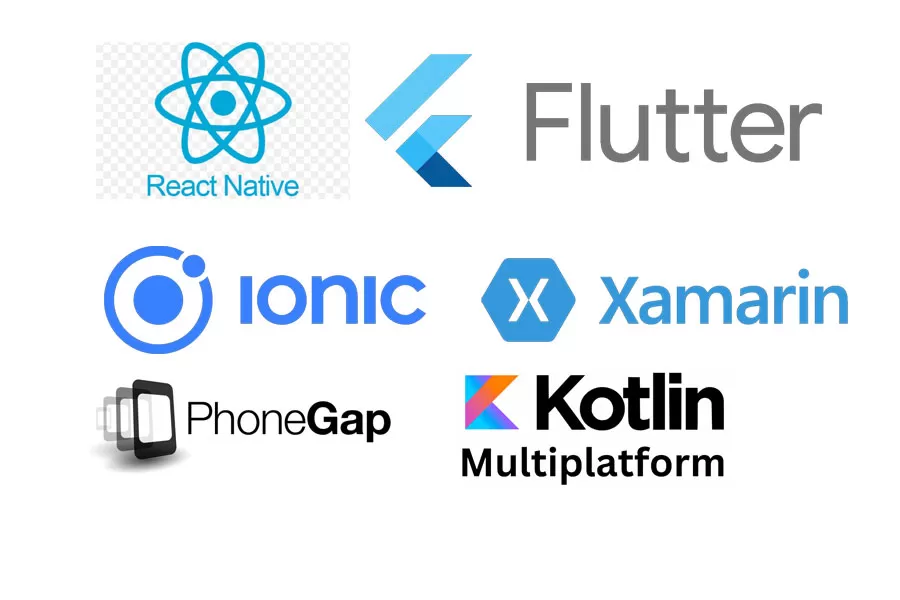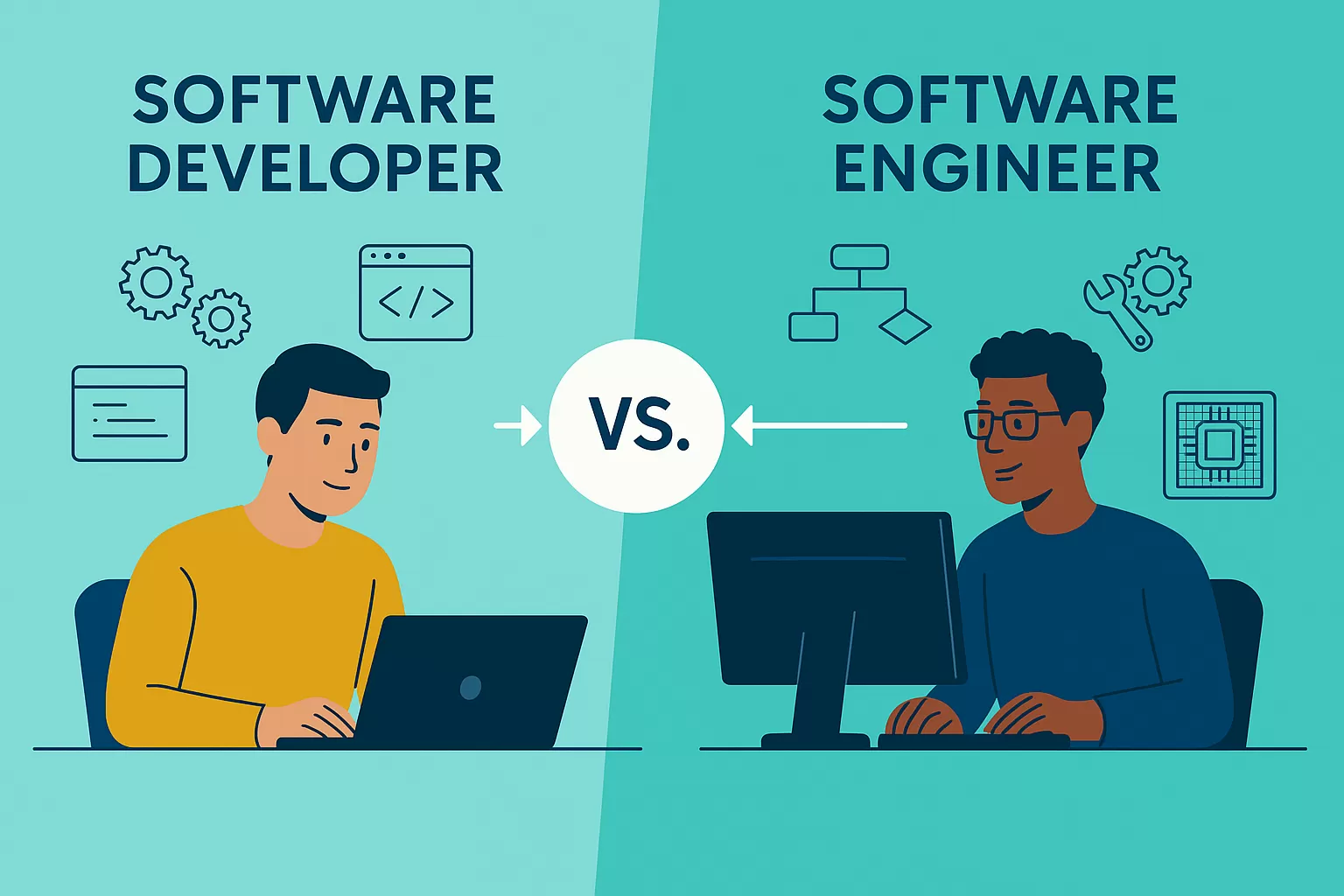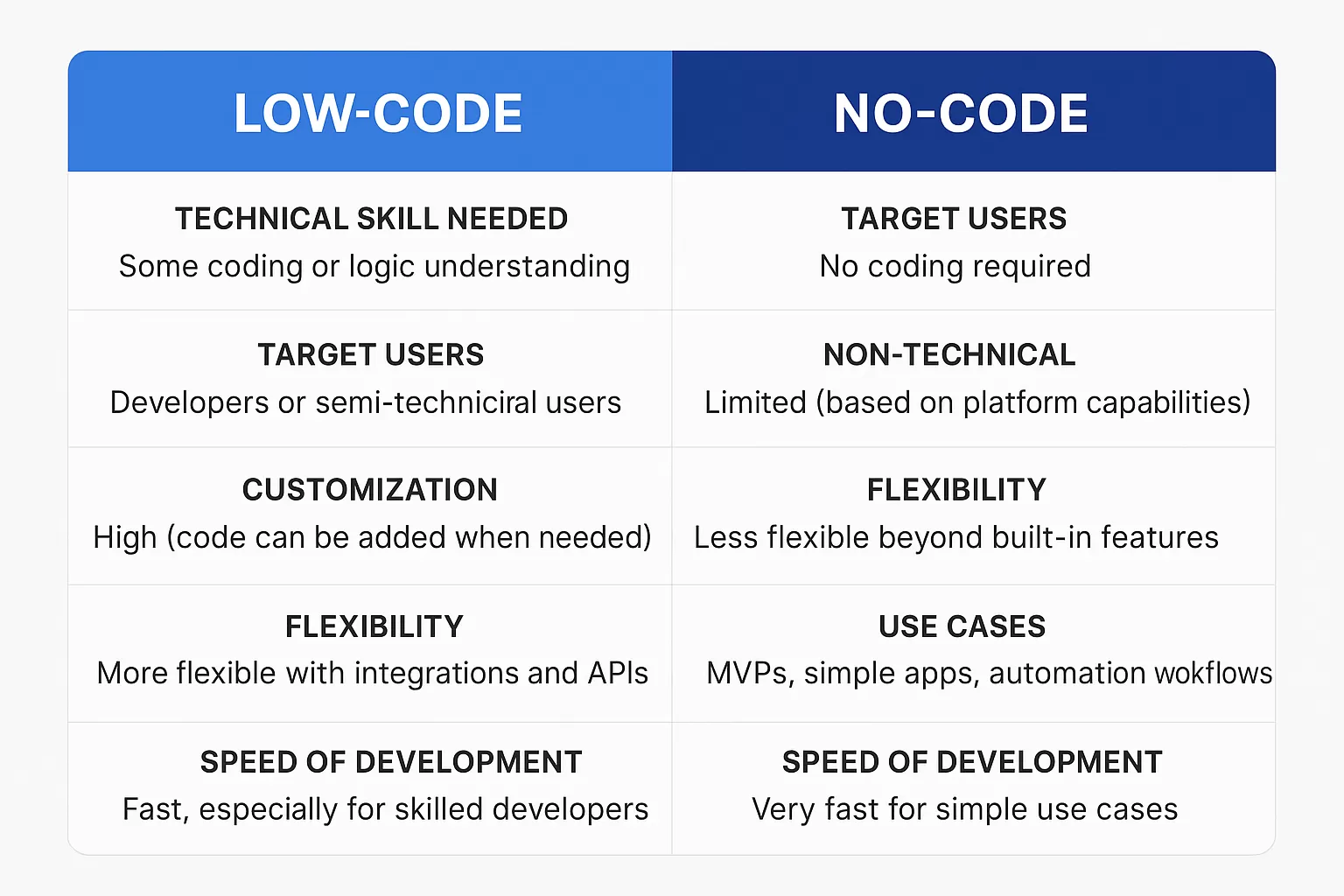Quantum computing is still an emerging field, but its potential impact on web development and technology is something worth keeping an eye on. Here's a deeper dive into how quantum computing might affect web development in the near future:
What Is Quantum Computing?
Quantum computing leverages principles of quantum mechanics (the science of the very small, like atoms and subatomic particles) to perform computations in ways that classical computers cannot. Quantum computers can process exponentially larger amounts of data, solve complex problems faster, and perform calculations that are nearly impossible for current computers to manage.
While quantum computing is not yet widely available, it has significant potential for changing various industries, including web development. Here’s how:
Potential Impacts of Quantum Computing on Web Development (in the future)
1. Enhanced Security and Encryption
- Quantum-Resistant Encryption: One of the most discussed areas is how quantum computers could break traditional encryption methods, such as RSA and ECC. Once quantum computers become more powerful, they could potentially decrypt the data protected by current encryption algorithms. This has led to the development of quantum-resistant cryptography, which will allow web developers to future-proof applications against quantum threats.
- Quantum Key Distribution (QKD): QKD is a new encryption technique that uses quantum mechanics to create unbreakable encryption. In the future, websites and applications could adopt QKD to safeguard sensitive data.
2. Improved Algorithm Efficiency
- Quantum Algorithms for Web Development: Quantum computers are expected to drastically speed up certain algorithms. Web developers could leverage quantum algorithms in specific areas, such as:
- Optimization problems (e.g., finding the best paths or strategies in real-time for logistics, data routing, or eCommerce recommendations).
- Complex simulations (e.g., for material science, drug design, or finance) could be accelerated, leading to more accurate and faster simulations within web apps.
- Search Algorithms: Quantum computing could also improve search engines and algorithms, offering users even faster and more accurate search results, or better ways to rank and sort massive amounts of data.
3. Data Processing and Analysis
- Big Data: Quantum computing’s immense processing power could lead to breakthroughs in big data analysis. Web developers working on data-heavy applications (e.g., financial analysis, real-time data analytics) might utilize quantum computing to process vast datasets more efficiently, enabling faster insights.
- Real-Time Personalization: Quantum computing could refine personalization algorithms by processing real-time data more efficiently, offering extremely tailored web experiences based on dynamic user behavior.
4. Quantum-Supported AI & Machine Learning
- AI Evolution: Quantum computing can potentially revolutionize artificial intelligence (AI) and machine learning (ML) by solving optimization problems and running simulations that are currently too complex for classical computers. Web apps using AI might become faster, smarter, and more responsive, benefiting from quantum-enhanced machine learning models.
- Quantum-enhanced Algorithms: Machine learning algorithms in web development (e.g., recommendation engines, predictive analytics) could be trained more efficiently with the help of quantum computing, enhancing user experiences on platforms like eCommerce sites and social media.
5. Better Web Search and Optimization
- Quantum Search Engines: Classical search engines rely on algorithms to rank and retrieve relevant information. Quantum computing could lead to breakthroughs in web search algorithms, enabling far faster and more precise indexing of vast amounts of web data.
- Improved Website Performance: Quantum computing could also optimize how websites are built, processed, and served to users, enabling a level of efficiency and speed that’s currently impossible with traditional computing methods.
6. Advancements in Simulation and Virtualization
- Enhanced Virtual Reality (VR) and Augmented Reality (AR): Quantum computing could lead to better simulations for immersive experiences (e.g., VR, AR, gaming). Quantum computing could help build richer and more realistic virtual worlds that web developers could integrate into future web apps.
- Realistic Simulation of Physical Systems: Quantum computing might assist developers in creating more accurate simulations for real-world systems, such as weather models, financial markets, or traffic flow, which could then be embedded into web applications for better user decision-making.
7. Cloud-Based Quantum Computing
- Quantum-as-a-Service: Some companies, like IBM and Google, are already offering quantum computing as a service (QaaS) via the cloud. Web developers may soon have access to cloud-based quantum processors, allowing them to integrate quantum computing power into web applications without needing to own the hardware themselves. This would make it more accessible for small and medium-sized businesses to take advantage of quantum computing for specialized tasks.
Challenges for Web Developers Regarding Quantum Computing
- Complexity of Integration: Even once quantum computing becomes more accessible, integrating it into traditional web development workflows and systems will be a huge challenge. Developers will need to learn new quantum programming languages and understand quantum algorithms, which will likely require specialized training.
- Quantum Programming Languages: Quantum computing requires entirely new programming paradigms. Current languages like JavaScript, HTML, and Python won’t be enough to interact with quantum computers. Developers will need to familiarize themselves with quantum-specific languages like Qiskit (IBM), Cirq (Google), and Quipper.
- Quantum Hardware Accessibility: Even when quantum computing becomes more available, it may be limited to cloud-based services initially, meaning not all web developers will have direct access to quantum hardware. Instead, developers will interact with quantum processors via APIs and quantum computing services.
When Will Quantum Computing Impact Web Development?
Currently, quantum computing is in a research and experimental phase, but it is expected to have a more tangible impact in the next 5 to 10 years. Developers should start learning about the fundamentals of quantum computing now to be ahead of the curve, especially if they work on complex data, cryptography, AI, or machine learning applications.
Conclusion
While quantum computing won’t immediately replace current technologies, its future applications could significantly enhance web development in areas like security, AI, data processing, and web performance. For developers, keeping an eye on the evolution of quantum computing, learning how to use quantum-powered tools, and exploring quantum-resilient encryption methods will be key steps to stay relevant as the field progresses.











